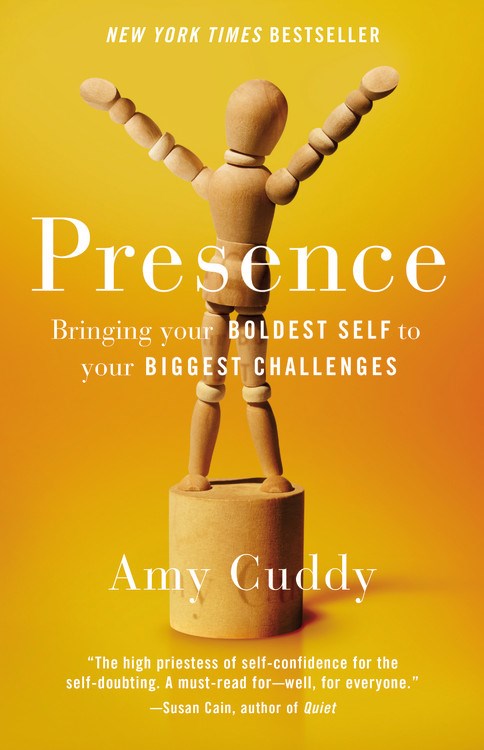Jack Covert Selects - Rules of Thumb
Books like The Wisdom of Crowds and Super Crunchers show that groups and algorithms beat gurus and experts consistently in the decision-making department. It seems the usefulness of the sage is waning, but maybe something is being lost. Logic trees and collective aggregations may be more accurate, but they lack the compelling richness of a person's life experience. In the case of Rules of Thumb, missing out on Alan Webber's insights would be a terrible loss.
Webber spent his initial years out of college in Portland city politics. From there, he landed at the Harvard Business Review, where he worked under the legendary Ted Levitt and met his future business partner, Bill Taylor. Alan and Bill left HBR, and in 1994, founded Fast Company magazine. The duo sold the magazine in 2003 for $350 million to the magazine division of German media giant Bertlesman.
In Webber, you have someone who has sailed in the sea of business ideas for thirty years, as both discerning editor and successful entrepreneur. His new book, Rules of Thumb, is a compilation of the wisdom he collected over the years on 3"X5" index cards. He says he learned this technique of note-taking from Levitt, who used it as a way to organize all of the ideas he was exposed to each day.
Fifty-two rules fill the 270-page book and the stories Webber tells to illustrate each insight are personal. Webber's Rule #19 is "Focus on the Signal to Noise Ratio." He quotes Stanford professor Jeffrey Pfeffer to help explain: "Too much measurement is no different than no measurement all. Pick a few metrics and stick to them." The same rule applies for purpose and values: identify two or three that represent what you do, and live by them. But, in contrast to the problem of too many metrics, it's often the lack of values or the absence of purpose that causes confusion.
Here is a sample of a few of the other rules:
Rule #15 - Every change needs four things: change, connections, conversation, and community. Rule #16 - Facts are facts; stories are how we learn. Rule #34 - Simplicity is the new currency. Rule #43 - Don't confuse credentials with talent.Read Rules of Thumb slowly, in increments of ten or twelve pages. Spend some time contemplating a few of Webber's rules in those following days, as these truths need some time to sink. Then go do something. Do something different with the knowledge you've gained. As Webber says, "It's the best chance of creating the future we all want."
